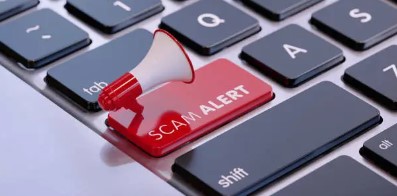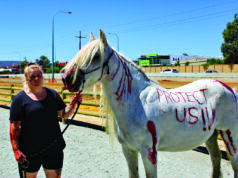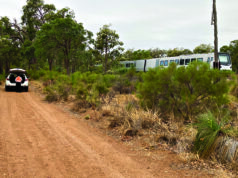Scammers love to steal your money, but do you know what they also love to nick? Your identity.
Your identity can be used to open bank accounts, get a credit card, apply for a passport, access your superannuation, apply for government benefits, register a car and even to conduct illegal activities where someone needs to disguise their real identity, such a drug trafficking and money laundering. Having your identity stolen can cause a devastating and long-lasting impact.
Data hacks are sadly becoming a regular occurrence, with the most recent large scale cyber-attack hitting Qantas. Stolen personal information included name, phone number, email and date of birth.
Even with a small amount of personal information, a scammer can steal your identity. They can put the pieces of the puzzle together using public sources such a social media or you may unwittingly hand over further identification through a phishing attack. This could be a fake email, phone call or SMS pretending to be a real business or government service asking for copies of your driver’s licence and passport to verify your identity, when their actual aim is to steal it.
If you are a victim of the Qantas hack, or any data breach there are steps you can take to safeguard yourself from identity theft.
Chalk up a few quick wins by turning on multifactor authentication for everything from banking to your social media, log out of all your accounts on all your devices and then update your passwords.
Western Australians can put a block on their driver’s licence to help prevent identity theft. When you block your licence though the Department of Transport, it means scammers can’t use it for online identity verification through the Australian Government’s Document Verification Service (DVS). This is a service used by sectors such as banks, real estate, and telecommunications.

You can add and remove a driver’s licence block anytime using DoTDirect by navigating to the ‘Protect your identity’ section on the ‘Driver’s licence’ page. Your authority to drive is not affected by having a block on your driver’s licence.
The hackers might not use the information they have on you straight away. It could get sold on the dark web at any time so it’s important to stay on high alert for unusual emails, calls or texts and keep an eye out for any suspicious transactions.
Get a copy of your credit report to see which organisations have checked your credit history. If a scammer is using your identity to apply for products such as credit cards or loans you will see these in the report. You’re entitled to a free copy every three months and you can usually access it online within a day or two of applying. Go to moneysmart.gov.au to apply to one of the three credit reporting agencies for your free report.
If you think you have handed over your personal identification to scammers or believe your identity has been stolen contact WA ScamNet on 1300 30 40 54 or lodge a report to scamnet.wa.gov.au. The team will help you with the next steps you need to take.














